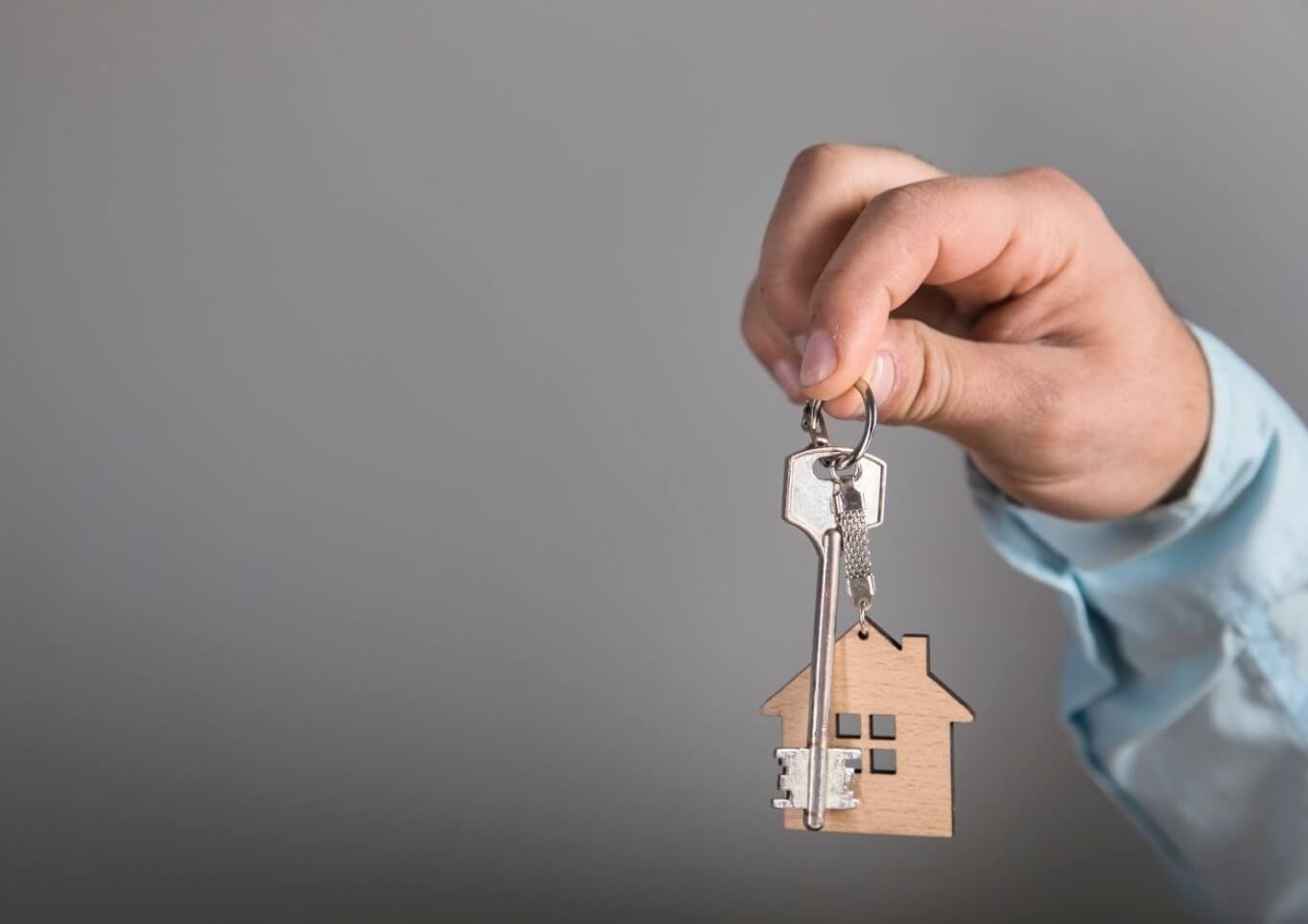What Are the Main Types of Landlords?
To become a landlord is to get a steady source of passive income, property appreciation, and long-term financial security. In the UK, you can normally divide landlords into the following categories:
- Private Residential Landlord: The most traditional landlord, with residential properties rented to single persons or families. The properties can be a flat ap, an apartment building or a complete apartment complex.
- Buy-to-Let Landlord: A buy-to-let landlord buys properties as an investment to earn money through rental income and the possibility of capital appreciation.
- Student landlords: These are landlords that rent out properties to students. One of the landlord types is specifically for renting to students. This type of landlord will often have properties near universities or colleges; the accommodation will be houseshares or small flats.
- Commercial Landlord: Commercial landlords lease commercial property to companies with offices, shops, and awareness. The ownership and management of commercial Property differ from residential Property.
- Holiday Let Landlord: This landlord rents out rooms and houses to holiday-makers. The properties are usually in tourist destinations, and people rent them for weeks or even days.
What Does a Landlord Do?
To become a landlord, you are usually the homeowners who rent their houses or apartments to others, and they also have duties related to property management, such as keeping it safe, habitable and in good order. Here are some main tasks and responsibilities of landlords:
- Advertising Rental, Selecting, and Signing Tenant: To become a landlord, you advertise the property, screens the tenant, and signs a lease with the tenant.
- Collect Rent and Evict: To become a landlord, you collect rent and addresses issues/disputes.
- Keep up the Property: To become a landlord, you are responsible for the repair and maintenance of the Property, including the gas, electric, and plumbing fixtures, as well as their safety.
- Keep The Property Legal: To become a landlord, you must make sure your Property complies with all UK housing laws, including having a valid tenancy agreement, handling deposits properly, and that the Property is up to date with health and safety regulations.
- Collect Rent and Manage Finances: To become a landlord, you must collect rent on time, track rental income, and manage the financial aspects ofrentingerty, including taxes and insurance.

Average Landlord Salary
The landlord’s income depends mostly on the type of housing, its location, and the demand for housing in this area. The following is an overview of the usual incomes of landlords in the UK:
- Private Residential Landlords: On average, private landlords earn between £8,000 and £15,000 per Property in profit each year after accounting for maintenance, insurance, and mortgage costs.
- Buy-to-Let Landlords: Buy-to-let landlords earn rental yields of 3-7 per cent per annum, depending on location and property value.
- Student Landlords: Renting to students can net a higher yield, sometimes as much as 10%, especially near universities where demand is high.
- Holiday Let Landlords: The advantage for Holiday Let Landlords is that you can achieve higher rental income and seasonal occupancy with rates varying from £15,000 to £40,000 per annum, depending on your location and occupancy rates.
Landlord Skills
Successful landlords need more than a few skills to manage a property and its tenants. The main skills needed to be a landlord are as follows:
- Communication: Good communication skills are essential for landlords. To become a landlord, you need to communicate well with their tenants, contractors and letting agents. This helps build good relations with tenants and allows the landlord to manage the Property better.
- Financial Management: Rental income, expenses, taxes and budgeting for maintenance and repairs become part of your day-to-day responsibility.
- Problem-Solving: There will be problems with tenants, properties, and everything. Good problem-solving skills allow a landlord to address them quickly, whether making a repair or settling a tenant dispute.
- Knowledge of Property Law: To become a landlord, you need to be aware of housing laws and regulations in the UK to ensure that they meet all their legal responsibilities, such as tenancy agreements, eviction procedures, and health and safety standards.
- Time Management: It is challenging for a landlord to balance overseeing properties, taking on tenant requests, and conducting routine property inspections and maintenance.

Landlord Tips
Here are some practical tips for new and aspiring landlords:
- Research the Rental Market: Before buying an investment property, research local trends in the rental market and demand and rental rates. Location is key to your success as an investment landlord.
- Screen Your Tenants Well: tenant-screening procedures such as credit checks and references lessen the chances of rent default and property damage.
- Allowances for Maintenance: Shocks happen. Allow for regular maintenance and have an emergency fund to cover any urgent repairs as they arise.
- Consider Property Management Services: For instance, for Property Management Services, If you own several properties or don’t have the time to manage them yourself, it would be worth hiring a property management company to help streamline operations and alleviate stress.
- Keep your knowledge up-to-date on legal requirements: UK housing legislation is constantly changing. Ensure you keep up-to-date on new rules, including energy efficiency standards or health and safety regulations, to avoid legal problems.
Landlord Requirements
To be a UK landlord, several legal and financial requirements have to be fulfilled:
- Right to Rent Checks: To become a landlord, you must ensure all tenants have the right to rent in the UK. This includes checking identification and immigration status where applicable.
- Tenancy Deposit Protection: Any monies paid to you by tenants in the form of a deposit must be lodged with a Government-backed Tenancy Deposit Protection (TDP) scheme. This protects the tenant’s deposit money, which will be returned to the tenant at the end of the tenancy unless there is a dispute over the deposit.
- Energy Performance Certificate (EPC): All rental properties need an EPC with a minimum E rating. The EPC must be provided to the tenants before the tenancy starts.
- Gas and Electrical Safety: You’ll need to have gas appliances tested annually by a Gas Safe registered engineer and provide tenants with a gas safety certificate. Electrical systems must also be tested every five years to ensure they are safe and meet legislation.

How to Become a Landlord
Here’s a step-by-step guide to becoming a landlord in the UK:
- Assess Your Finances: Before buying a rental property, ensure you have the necessary finances, including the down payment and funds for renovations or repairs. Consider how rental income will cover your mortgage and other expenses.
- Research the Property Market: Identify high-demand rental areas and the type of tenants you want to target, such as families, students, or professionals. Consider factors like transport links, schools, and local amenities.
- Purchase Your Rental Property: Secure a buy-to-let mortgage or use personal savings to buy your rental property. Factor in costs such as stamp duty, legal fees, and insurance.
- Prepare the Property for Tenants: Ensure the property meets legal and safety standards. Decide whether to furnish the property, as furnished rentals may appeal to certain types of tenants.
- Advertise and Find Tenants: Use online platforms like Rightmove, Zoopla, or a letting agent to advertise your property. Conduct thorough tenant screenings, including background checks and references.
- Set Up a Tenancy Agreement: Create a legally binding tenancy agreement that outlines the terms and conditions of the rental, including rent, deposit, and tenant responsibilities.
- Manage the Property and Tenants: Regularly inspect the property, respond to tenant requests, and ensure rent is collected on time. Address any maintenance issues promptly to avoid larger problems.
Frequently Asked Questions
Why Should You Become a Landlord?
Becoming a landlord can be a steady source of passive income, property appreciation, and long-term financial security. Rental properties can generate positive cash flow while also providing the upside of capital gains if the value of the Property appreciates over the years. Becoming a landlord can also be a step toward diversifying your investment portfolio and building wealth over the long term.
Is Being a Landlord a Good Career Choice for You?
There is nothing passive about being a landlord. Still, it is worth looking into if you want flexibility in your investments and seek passive income. For the right person, being a landlord can be an excellent career to pursue or an even better side hustle. Suppose you like working with real estate, managing tenants, and maintaining the Property. In that case, you may find this a great option.
Landlord Salaries
The amount that landlords can earn depends on where you own a property, the type, and how well-managed it is. On average, if all the maths are done properly, you can expect to make between £8,000 and £15,000 a year per Property after outgoings. In high-demand areas or holiday lets, you could earn more.
Which Qualifications Can Help with a Career as a Landlord?
Although no formal qualifications are required, property law, property management, and financial planning knowledge can be useful. Landlord training courses can help you with your legal obligations.
Do I Need Experience to Get Started as a Landlord?
Anybody can be a landlord, so you don’t need any experience – only understanding the property market, managing tenants and the legal aspects. Reading up on the industry and talking to someone who’s done it before should give you enough confidence to start.
Landlord Career Outlook
The UK rental market remains strong, with demand for private accommodation increasing, especially in urban areas. For landlords, there is a real opportunity for long-term financial gain, with rental income generating profitable returns and property prices growing in value over time.
Landlord Hierarchy and Progressing Within the Role
As you grow in confidence, you might be tempted to buy more properties to rent out, specialise in a different type of Property, such as commercial or holiday lets, or continue to build on your investments through capital appreciation.
Landlord Exit Options and Opportunities
Landlords can sell out of their Property at any time or pass it on to family members. Some landlords retire from property by selling off their portfolios to release capital growth. Others may pass on their properties to their children or another family for their estate planning. Others may transition into property development and real estate investment, using their extensive experience in rental properties to branch out into new areas of the property market.
The second reason to own Property is to hire a property management company. This allows you to keep your properties but hand over the hassle of tenant management, rent collection, and maintenance to someone else. This can give landlords a kind of semi-retirement, allowing them to continue to draw rental income while no longer having to spend time on it.


